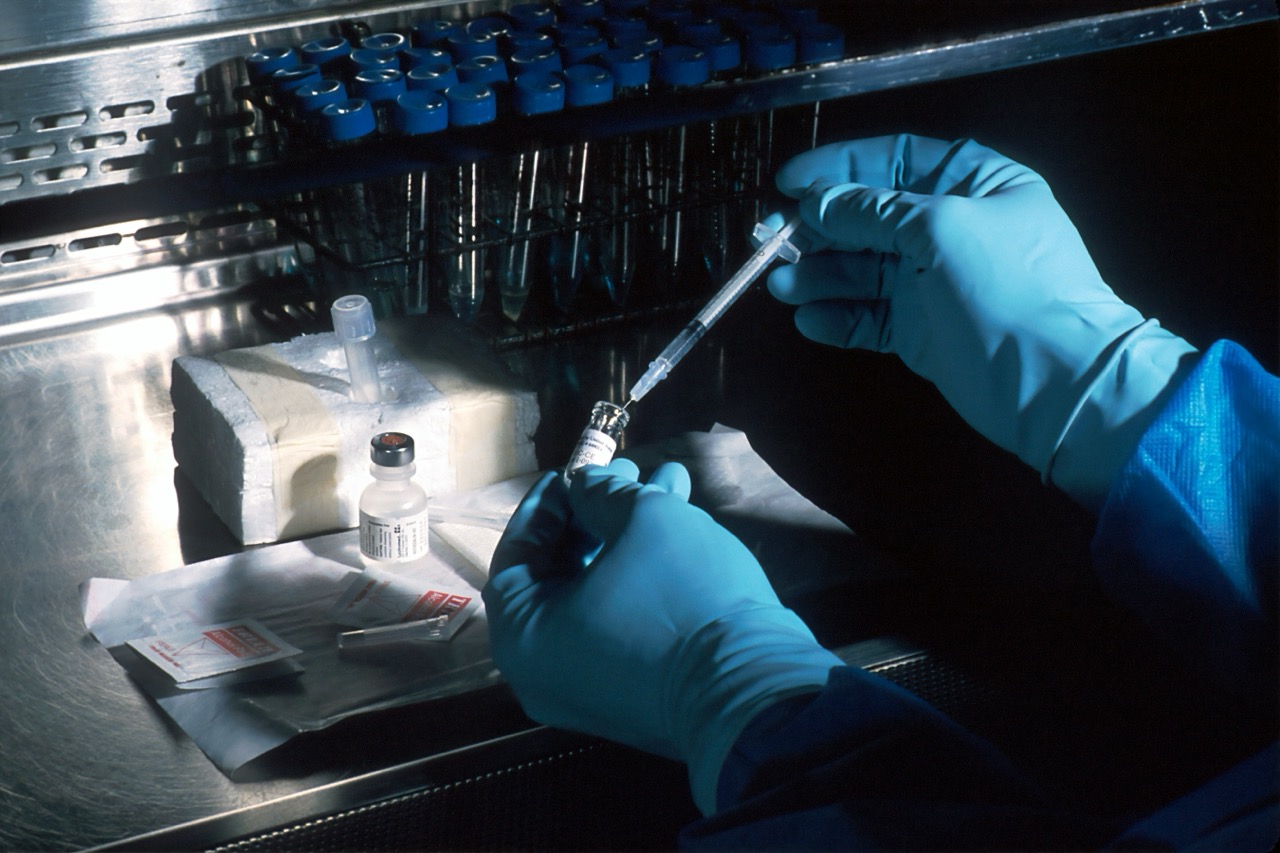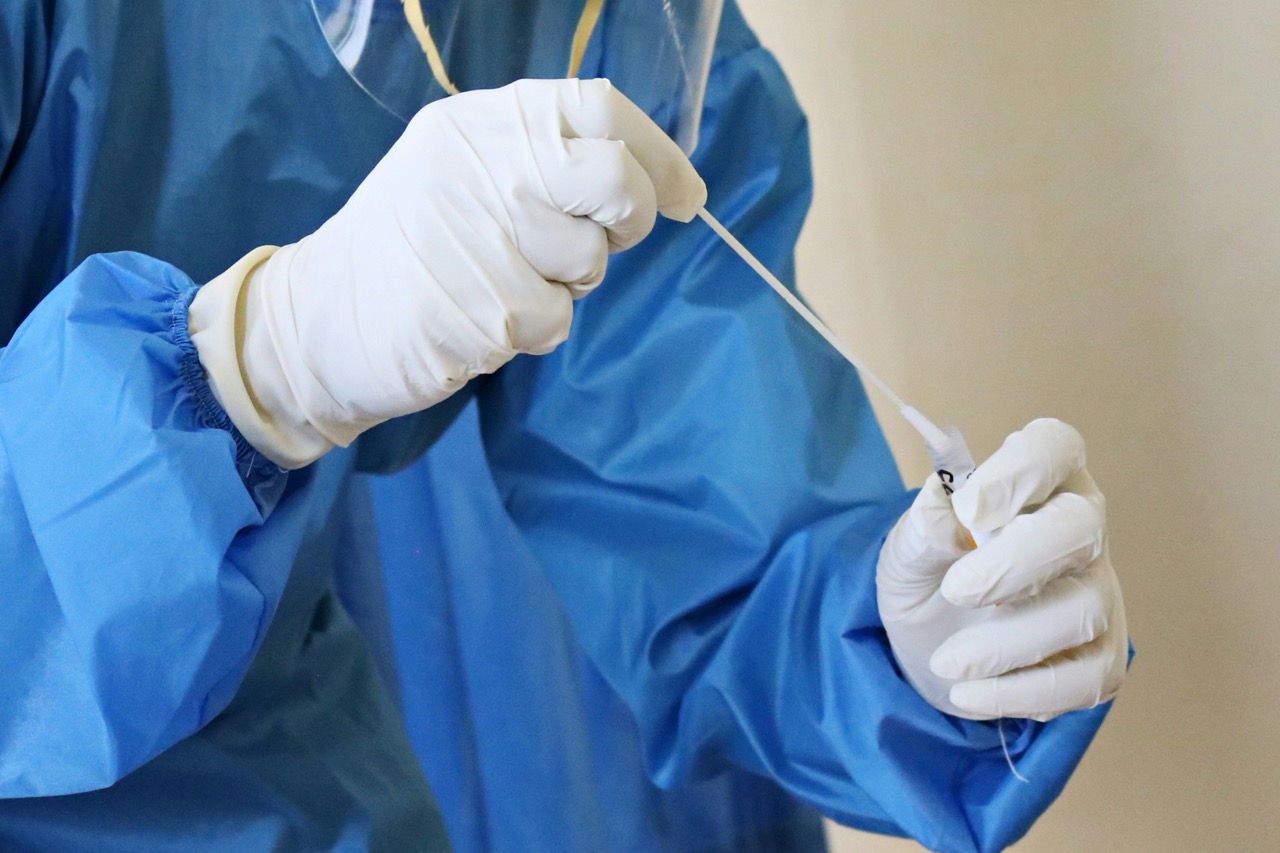Human Papillomavirus (HPV) is one of the most common sexually transmitted infections globally, encompassing over 200 different strains, some of which are linked to various health issues, including cervical cancer and other anogenital malignancies. As healthcare professionals continually seek to understand the wider implications of HPV on overall health, a pertinent question arises: Can HPV affect blood test results? This article will delve into the nature of HPV, examine the fundamentals of blood testing, and explore any potential relationships between HPV and the outcomes of blood tests.
Understanding HPV and Its Impact on Health Assessments
HPV is primarily known for its role in cervical cancer, yet its implications extend beyond this singular focus. The virus can cause warts and is associated with other cancers, including anal, penile, and oropharyngeal cancers. Because of its prevalence, HPV is a significant concern in public health, prompting extensive screening initiatives and vaccination programs aimed at reducing its impact.
However, HPV isn’t just a concern for those who develop cancer; it can also influence various health assessments. In some cases, individuals infected with high-risk HPV strains may exhibit changes in their immune system’s function, altering physiological responses. This immune modulation can potentially lead to varying interpretations of health assessments, especially when indicators of immune function are evaluated.
Moreover, the emotional and psychological stress often associated with an HPV diagnosis can lead to physiological changes that might indirectly impact health assessments. Stress can influence hormone levels, which in turn can affect various bodily functions. Therefore, while HPV itself may not directly manipulate blood test outcomes, the overall health picture of an individual may be altered by the presence of the virus.
The Basics of Blood Tests and Their Interpretation
Blood tests are essential tools in modern medicine, providing valuable insights into a person’s health status. Common types of blood tests include complete blood counts (CBC), metabolic panels, and tests for specific infections or conditions. These tests measure various components of the blood, such as red and white blood cell counts, electrolytes, liver enzymes, and markers of inflammation or infection, allowing healthcare providers to make informed decisions regarding diagnosis and treatment.
Interpreting blood test results involves understanding the normal ranges for various measurements, which can vary depending on age, sex, and health status. Any deviations from these established norms can indicate underlying issues or diseases. However, healthcare professionals must consider the patient’s clinical context—symptoms, medical history, and other diagnostic results—before making conclusions based solely on blood test outcomes.
Additional factors, such as medications, hydration status, and even physical activity levels before testing, can also influence blood test results. Therefore, while blood tests are a cornerstone of medical diagnostics, they are not standalone indicators of health; rather, they should be integrated with a holistic view of the patient’s overall health profile.
Exploring the Relationship Between HPV and Blood Results
Research examining the interplay between HPV and blood test results is still in its early stages. Nonetheless, some studies have suggested that individuals with HPV might exhibit alterations in immune function, which could manifest as changes in specific blood markers. For instance, certain immune responses—such as the presence of inflammatory markers—could be elevated in individuals with persistent HPV infections, potentially complicating the interpretation of blood tests.
Additionally, some HPV-related conditions, like cervical intraepithelial neoplasia (CIN), may result in systemic changes that could potentially reflect in blood tests. Elevated inflammatory markers or abnormalities in coagulation profiles may be observed in patients with significant HPV pathology, although these findings are not universally established and require further investigation.
Importantly, it is crucial for healthcare providers to be aware of the potential for altered immune responses in HPV-positive individuals when interpreting blood tests. They should consider this context in conjunction with other diagnostic results, ensuring a comprehensive approach to evaluating a patient’s health.
Key Takeaways: HPV’s Influence on Diagnostic Outcomes
While current research indicates that HPV may not directly alter standard blood test results, its presence can indirectly impact health assessments through various mechanisms, including immune modulation and inflammation. Healthcare providers must be cognizant of these potential influences when interpreting blood test outcomes in patients diagnosed with HPV.
Moreover, the psychological and emotional ramifications of an HPV diagnosis can lead to physiological changes that may affect overall health. These factors underscore the importance of a holistic health assessment, integrating physical, emotional, and social considerations to achieve accurate diagnostic outcomes.
In conclusion, while HPV’s direct influence on blood test results remains limited, its broader implications for patient health and diagnostic interpretation cannot be overlooked. A comprehensive approach to patient evaluation, considering both HPV status and blood test outcomes, will enhance the effectiveness of treatment and management strategies in clinical practice.
The understanding of HPV’s role in health assessments continues to evolve, and ongoing research is essential in clarifying its effects. While HPV may not significantly alter blood test outcomes directly, the virus’s implications for immune function, inflammation, and psychological health highlight the necessity for a multifaceted approach to diagnostic evaluations. Healthcare professionals should remain vigilant in considering all aspects of a patient’s health to ensure accurate diagnoses and effective treatment plans.










